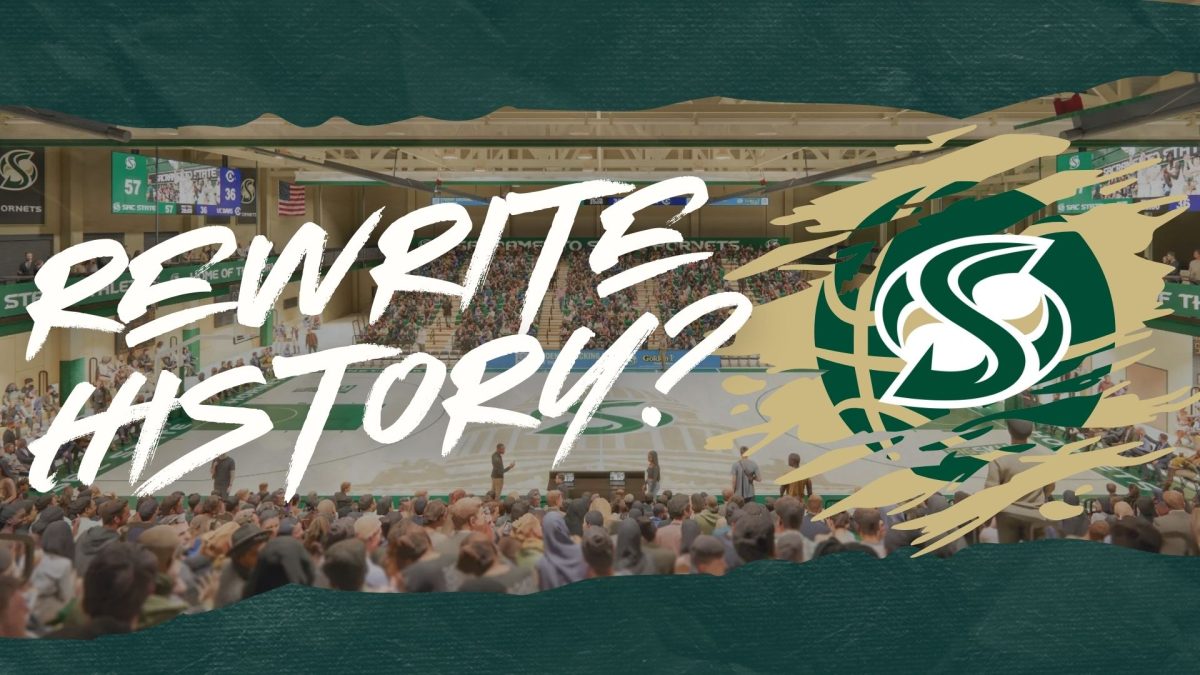Staffers from The Collegian, an independent newspaper run by students at Penn State University, woke up on the morning of Thursday, Sept.19, 2024 to find that every newspaper had been pulled from university stands the night before without notice.
Only a few days earlier on Sept. 16, The Mercury from University of Texas, Dallas, announced it was officially on strike. The editor-in-chief had been dismissed from their job, the last nail in the coffin after months of alleged mistreatment from administrators.
These two papers were over 1400 miles away from each other, but within the same week found themselves fighting with their administrations over the same issue of censorship. Both The Collegian and The Mercury highlight an endemic issue in student journalism: freedom of speech is under attack.
As a result, not just is student journalism threatened, but the foundation we stand on as students to pursue an education is at risk.
Gregorio Olivares Gutierrez, former editor-in-chief for The Mercury and political science and philosophy major at UTD, was dismissed Sept. 13, 2024 by Lydia Lum, the director of student media. Lum alleged that Gutierrez violated school policy by holding multiple jobs, inciting cost overruns and preventing Lum from doing her duties as director.
The announcement of Olivares’ removal and the staff’s subsequent strike demands were published on the front page of The Mercury’s Sept. 16 issue and at the top of the website.
The actions of their administration and the dismissal of Olivares were the direct reason for the strike and formation of The Retrograde, the new, independent news publication started by former students of The Mercury. The first edition of The Retrograde was published Sept. 30.
“Allowing the director to influence our meetings prior to publication entails a new form of administrative censorship against The Mercury,” Olivares said in a statement published in The Mercury where they refuted the allegations.
Maria Shaikh, former managing editor for The Mercury and biochemistry major at UTD, said staff were willing to cooperate with administrators at first. But when Olivares’ appeal was denied a week later on Sept. 26, it quickly became clear that their demands would not be met.
Former staff of The Mercury said their relationship with UT Dallas administration was always hostile, but worsened after The Mercury’s coverage of pro-Palestine protest encampments in May.
Lum and other administrators allegedly asked for prior review and consent before publishing stories, issued ultimatums and prevented travel to workshops or award nominations if students did not comply. The strike statement says that UTD’s Student Media Board circumvented their own bylaws to expedite Olivares’ removal and appeal.
According to Olivares in a document that was published to The Mercury, Lum and campus administration intimidated, threatened and humiliated students when the paper did not comply with administration’s demands.
“It is endemic, an issue that student journalists are facing across the whole nation,” Olivares said.
On the east coast, The Collegian has been running for over 136 years as an independent paper run by students at Penn State. Its staff said they faced years of pushback from their campus administration and they have not been financially supported in two years, with the administration cutting their budget until they were completely on their own.
Tensions came to a head when campus officials removed nearly 5000 print copies of the Collegian from newsstands after the publication ran an ad for the Kamala Harris campaign.
Zach O’ Brian, business manager at The Collegian and a junior public relations major at Penn State, said that the incident left the staff shocked.
“It was something none of us expected,” O’Brian said. “We never received a formal notice that this happened.”
Phil Reese, a data specialist for the Sacramento Bee and associate professor of journalism at Sacramento State, said that advertising in journalism is a widely accepted practice, typically being the way student publications stay in business.
Editors at the publication received informal emails from university administration after the fact, stating that the paper had broken rules regarding commercial advertisements. O’ Brian said that the paper had been running ads to fill that funding gap for as long as he could remember, and not every newsstand ran the Harris ad, but those papers were still removed.
Though the papers were eventually returned with the ads removed, the staff of The Collegian were left with many questions and few answers.
“We [want to] have a lot of discussions with university officials,” O’ Brian said. “To make sure this doesn’t happen for future staff of The Collegian and ultimately other college news organizations.”
These incidents show how censorship and disregard of student expression have become commonplace on campuses across the United States. The superfluous reactions of institutional administration is a travesty to education and pursuit of the truth. In no way shape or form should any student be oppressed by the same people who swore to protect and teach.
Administrative censorship has the potential to damage a student’s future in education and the workforce. Athena Stroben, a senior journalism major at Sac State, said she was shocked and disappointed when she found out about The Mercury’s fate, and is concerned about how censorship could affect a student’s future.
“It’s a little disappointing to know that one tiny disagreement could shut down these journalism student’s careers,” Stroben said.
Fundamentally, these issues could happen anywhere, at any time. This story is not unique to The Mercury or The Collegian, censorship happens frequently to students all over the country. It is not an uncommon refrain for students to live in fear of how easily those in power could potentially change their lives.
Censorship does not hurt students alone, it harms the fabric by which we trust our institutions and society at large. The actions taken by UT Dallas and Penn State sends out a clear message to anyone who wants to seek the truth: you are not safe.
“When student journalism is weakened, beyond the effects it has on the campus community, it has an effect on the student journalists themselves,” Reese said. “It has the potential to have a chilling effect on free speech.”
RELATED: EDITORIAL: Don’t become an enemy of free speech, no matter how hateful it is
This chill gusts through every young person pursuing journalism or activism. O’Brian reminds students that, despite setbacks, they must keep on pushing for the truth.
“Be diligent, continue to push forward, look to the future and don’t ever look back,” O’ Brian said. “Don’t let higher powers take you down.”
Penn State, UT Dallas and UTD’s Student Media Board did not respond to requests for comment at press time.






































































































































Athena Stroebn • Oct 23, 2024 at 11:37 am
This is an amazing article!
Thank you for reporting on and capturing the reality of student journalism not only here at Sac State but across the nation.
Cheryl Miller • Oct 23, 2024 at 9:40 pm
Good job Athena!!! We are so proud of you for taking a stance on this topic!